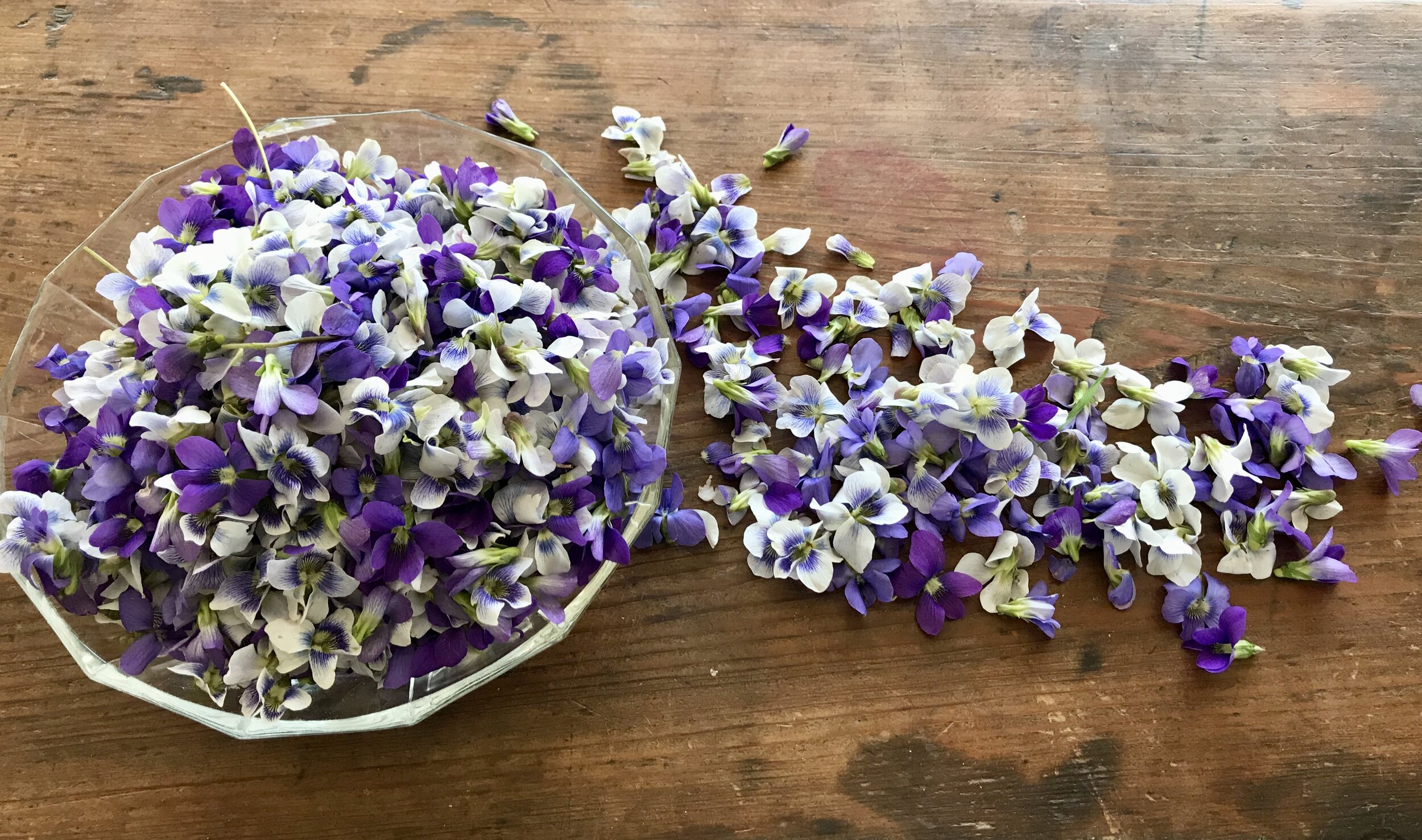
notes from lucky star

EXIT INTERVIEW
Alison Moore - 5/25/21
I didn’t know where I was this morning—which bed, what room, which state. Sleep blurred the six hundred plus miles, and so I was still in Arkansas, watching the full moon rise in the very same east. On the long drive, my heart rose slowly, returning to my mouth where it has so often been, beating the questions: What now? What then? What next?
Once again, I’m waiting for my soul to catch up with me, on the flip side, as it were. Only by walking can one travel at the speed of soul, but I’d still be hoofing it in Oklahoma if that were the case.
Isak Dinesen, who wrote Out of Africa, ended her Kenyan memoir with these beautiful lines:
“If I know a song of Africa, of the giraffe and the African new moon lying on her back, of the plows in the fields and the sweaty faces of the coffee pickers, does Africa know a song of me? Will the air over the plain quiver with a color that I have had on, or the children invent a game in which my name is, or the full moon throw a shadow over the gravel of the drive that was like me, or will the eagles of the Ngong Hills look out for me?”
I not only lived, but dwelled at Lucky Star Farm long enough to become imprinted by the place, by the trees through two seasons, the lengthening of days, the feeling of being sheltered—by the Ozarks, by the farm, by the people who welcomed me into the fold. In other Journal entries I wrote about the sheep Thing One and Thing Two and their fate, the persistence of weeds, the flood stage of the Buffalo, Zulu’s passing, among many other things. Zulu is now literally part of the soil; things will grow from his grave because of what he gives to the ground.
Nomadic by nature, I was there long enough to risk the word “home.” David taught me how to drive the tractor, how to tell the difference between a weed and a wildflower. “Nice job weeding the oregano!” he texted me. I don’t know when I’ve felt more validated. One afternoon, I helped Donna plant 100 seedlings in the black plastic runners, cutting X’s where we dug the dirt to receive them. They took up residence, safer from weeds. All of this is hard work and my hat is forever off to Donna and David for transforming and tending the piece of earth that is theirs, that they will not ever take for granted.
I didn’t know when I arrived how taken I would be with Rush. I studied the history and wrote an elegy from the perspective of a fourteen-year old girl named Willa who saw the beginning and the end embodied in a six-ton hunk of zinc carbonate called “Jumbo.” She watched it being hauled by sixteen oxen to the river to make the long journey to the railhead in Batesville, and then to the world’s fair in Chicago for the 1893 Columbia Exposition to win a gold medal. Willa came out of the left field of my imagination. She had things to say. A lot of things to say. About loss, about a place no one knew that would become a magnet for profit-seekers, and in a relatively short period of time, a shadow of its former self. The few buildings left have become markers for a place that nature is still reclaiming. One of the things Willa said in her monolog sticks with me: “Some things get taken out of the ground. Some get put back in.” There’s an exchange in different centuries. And no better testimony to continuity than a particular farm on Clabber Creek where I left my heart for safekeeping, a lucky place for renewal and return.
Until then, I’ll miss it all: the goats, Cepheus and Wiggins butting heads for the hell of it. David calling for Jacomo to come home. Dizzy and Gillespie—two clouds in the green, green field, Dizzy grazing on his knees. Even the chickens and their chatter. The neighbors whom I must have known in another life. And all the things growing that will flourish and come to flower while I’m gone. And Donna, kindred sister in all seasons, whose love crosses any state line; she’ll always know right where to find me.